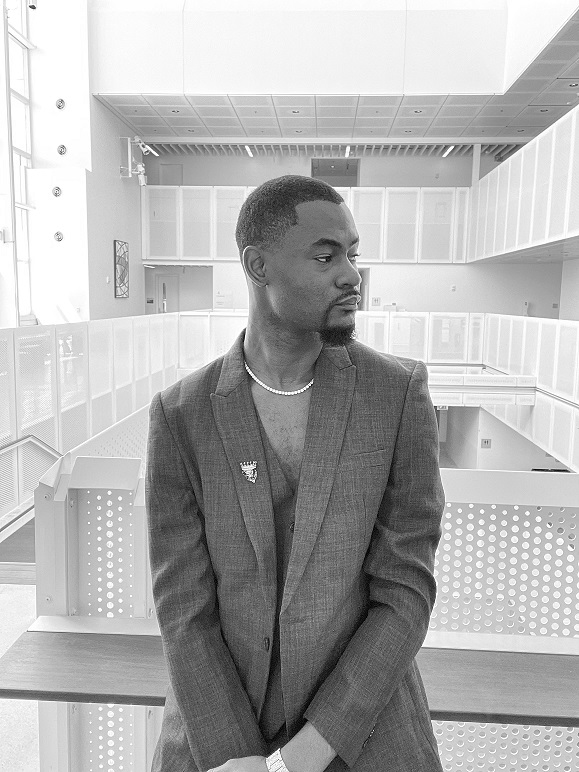I began reading Teju Cole’s debut novel Open City in late 2015, three years after I decided to write seriously. I was doing my National Youth Service then, in the small town of Akure in southwestern Nigeria, far away from the southeast where I was born, raised, and schooled, and my new aloneness offered time for reflection. Because I loved taking walks, as a way of release, the novel felt like a companion, and he became one of my primary prose influences.
When I finally finished the book in early 2016, my mind leapt and I felt myself soar. It is a galvanizing feeling that I have heard other people describe about Open City, a feeling one often lacks language for. Yet one thing was clear: Teju had broken open a door where, before him, we saw a wall. So I began an essay about the book, to mark its fifth anniversary (how I love anniversaries, the remembering of impact). I did not finish the essay. In fact, I did not go beyond one page because I thought I was not ready, did not command enough knowingness for what I felt.
It is now five years since my indecision, and ten years since the novel came out in 2011. Little over a month after Open Country Mag launched last Christmas, Teju agreed to be on our cover, and we had a Zoom interview in March.


As with almost every major writer of his generation and the ones before it, this is the first longform profile of Teju in an online African publication. And because he has had such a distinctive career, there is so much, beyond the confines of academia, that hadn’t been said about his work in our continental context. It is not only that he has produced seven books of fiction, nonfiction, and photography in the last 10 years—eight in the last 14—it is that he inaugurated a new possibility, a new template, in particular for African writers.
The story we eventually opted to publish is a foundational one: a condensed literary history that traces how Teju Cole came to occupy this singular, reinventive space entirely of his own making. It is, at this point, the clearest exemplar of Open Country Mag’s mission of re-contextualizing developments in literary culture. It is something that mostly takes place in American and British magazines, and we want to bring all of that back to an African platform.
It is six months since our first two covers, Tsitsi Dangarembga for December 2020 and Maaza Mengiste for January 2021. Teju was initially scheduled for April, until the cover story demanded more. We will happily take all the time in the world if it means getting it right enough. The thrill, for me, is that these stories now exist, on a platform created specifically for them.
I am still almost flustered that Teju Cole is on the cover of Open Country Mag. It is a privilege to partake in the motivation he provides.
COVER STORY: “How Teju Cole Opened a New Path in African Literature”






6 Responses